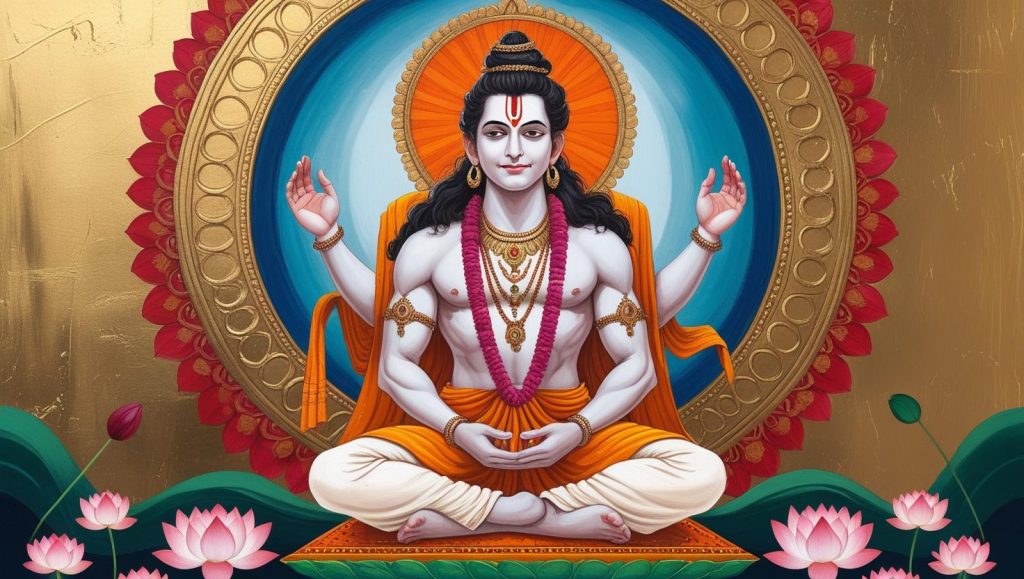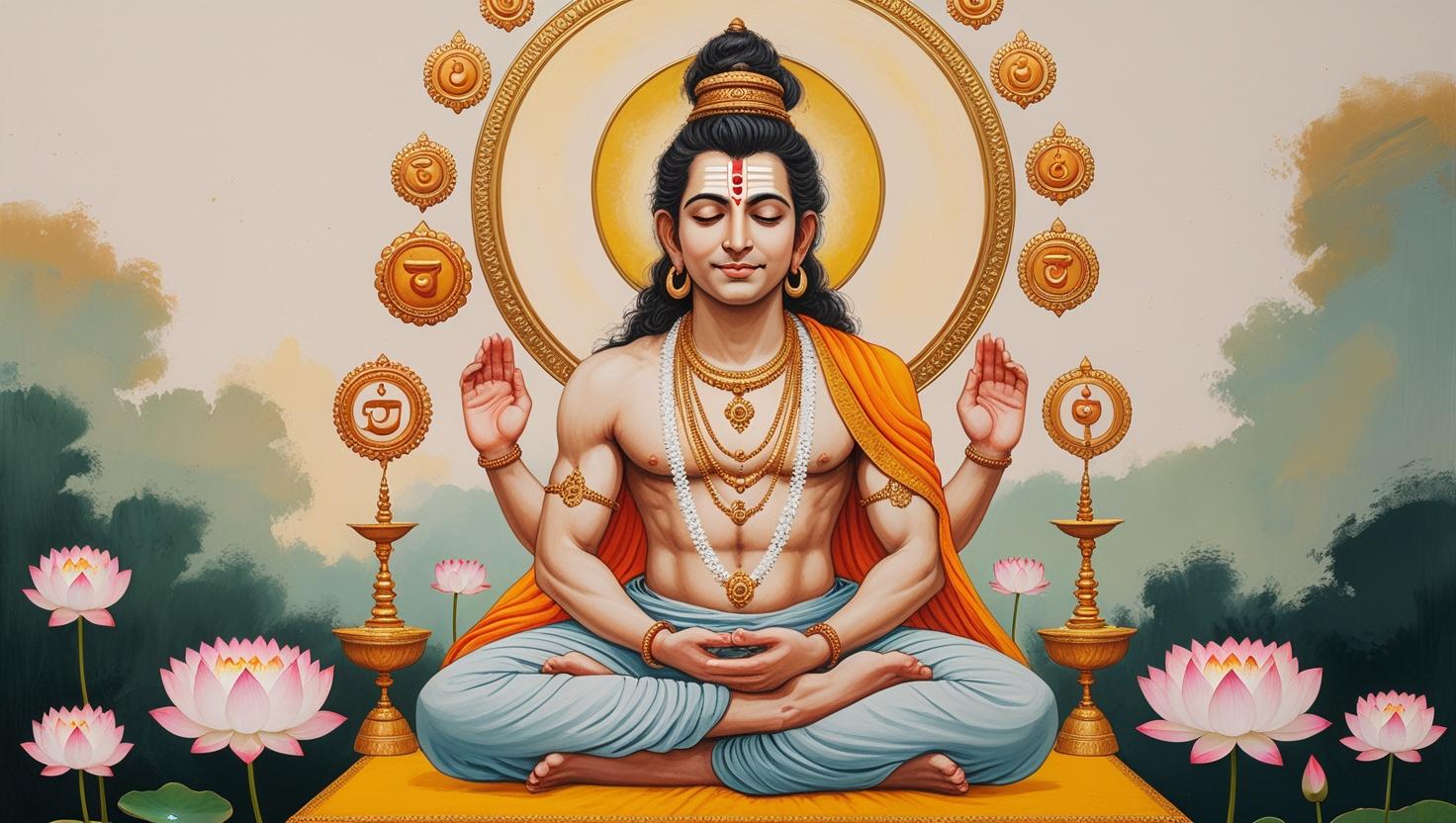Jainism, one of the world’s oldest spiritual traditions, emphasizes the principles of Ahimsa (non-violence), Satya (truth), and Moksha (liberation). Among its 24 Tirthankars, Bhagwan Sambhavnath holds a special place as the third Tirthankar, revered for his deep compassion and teachings that illuminate the path of self-purification and enlightenment.
Life of Bhagwan Sambhavnath
- Birth: Sambhavnath Bhagwan was born in Shravasti (Uttar Pradesh, India) to King Jitārī and Queen Senā Devi.
- Symbol: His emblem is the Horse, which signifies grace, energy, and forward movement on the path of Dharma.
- Life Span: He lived for around 60 lakh Purva years, reflecting the divine magnitude of Tirthankars.
- Renunciation: At a young age, he renounced worldly pleasures and undertook the path of deep meditation.
- Keval Gyan: Through supreme meditation and self-discipline, he attained Keval Gyan (infinite knowledge) and became an enlightened soul.

Teachings of Sambhavnath Bhagwan
- Ahimsa (Non-violence): Every living being has a soul, and practicing non-violence in thought, word, and deed is the highest form of Dharma.
- Equality of All Souls: Rich or poor, human or animal—every soul is equal and capable of liberation.
- Compassion: True spirituality comes from kindness, forgiveness, and selfless service.
- Detachment: Material pleasures are temporary; inner bliss lies in detachment and self-control.
- Path to Moksha: By practicing right faith, right knowledge, and right conduct (the Three Jewels of Jainism), one can attain liberation.
Temples & Worship
Sambhavnath Bhagwan is worshipped in several Jain temples across India. His serene idol, often shown in Padmasana (lotus position) with the horse emblem, inspires devotees to meditate and follow the path of truth and compassion.
Relevance in Today’s World
Even in modern times, Sambhavnath Bhagwan’s teachings resonate deeply:
- Non-violence is essential for peace in society.
- Compassion helps build harmony among diverse communities.
- Detachment encourages mindful living in an age of materialism.


